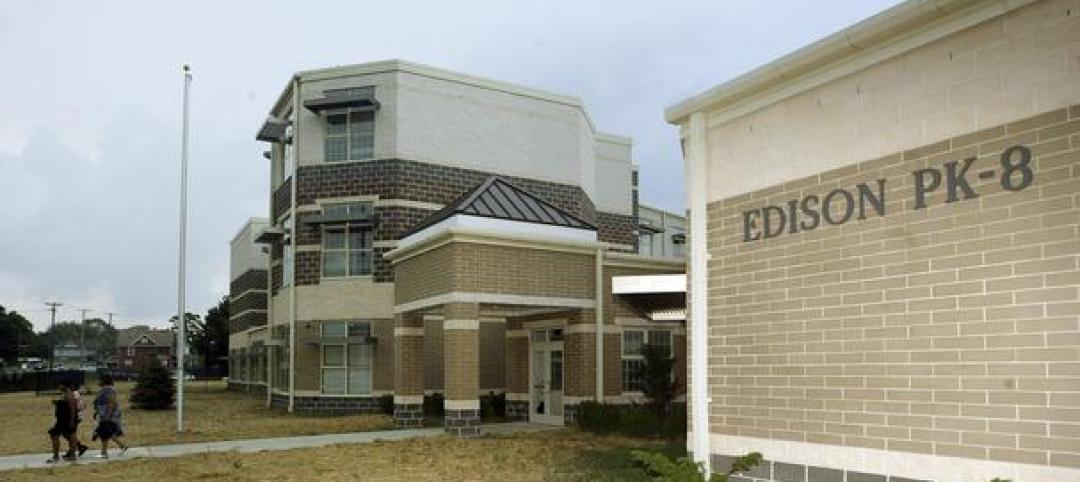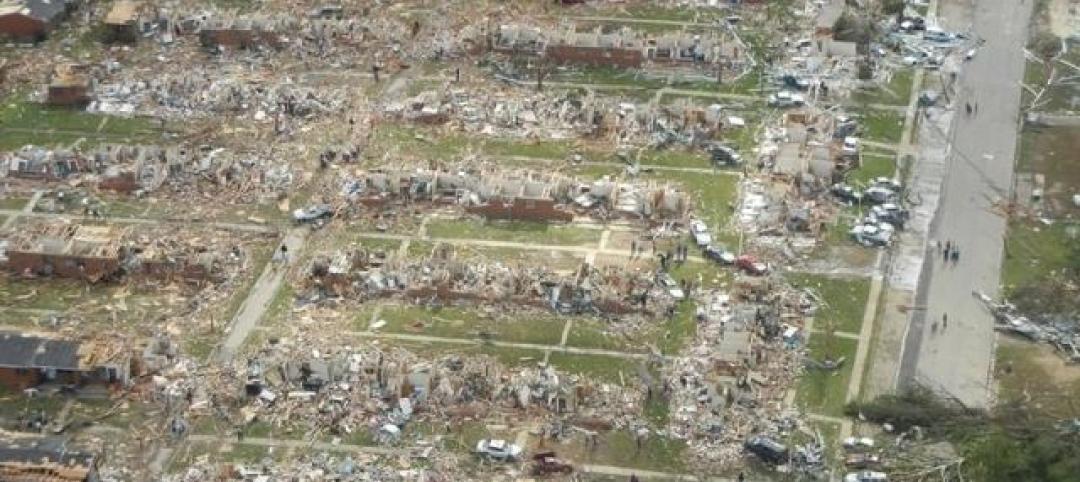The quality of infrastructure in the U.S. ranks just 19th in the world, trailing countries such as Oman, Portugal, and Spain, according to the World Economic Forum’s Global Competitiveness Report. Financially strapped state and local governments are responsible for the poor showing.
The American Society for Civil Engineers (ASCE)gave the U.S. a D+ in its annual Infrastructure Report Card, saying the country needs to invest $3.6 trillion by 2020 to upgrade our infrastructure. Infrastructure spending continues to lag, even while the economy adds jobs, GDP continues to grow, and home sales rebound following the recession.
States, counties, and cities, which are primarily responsible for funding schools, roads, waste disposal facilities, and other community assets, are focused on paying down debt and don’t have the money for a needed infrastructure spending spree. In the last few years, the bond markets have issued few notes for new capital projects despite historically low interest rates, according to the Securities Industry and Financial Markets Association. Much of the current municipal bond issuance appears to be refinancing.
In addition, with the federal government’s Highway Trust Fund expected to run out of money in August unless Congress replenishes it, many state transportation projects are in limbo.
(http://fivethirtyeight.com/features/why-we-still-cant-afford-to-fix-americas-broken-infrastructure/)
Related Stories
| Dec 15, 2011
Dayton, Ohio schools saving $2.6 million annually by building to LEED
On average, green schools save about $100,000 a year on operating costs, including energy and water savings.
| Dec 15, 2011
Building to LEED standards can pose new risks for construction workers
Workers on these projects suffer a 24% increase in falls to lower levels during roof work, which researchers attributed to the installation of solar panels, and a few other risks.
| Dec 15, 2011
NRDC charges Maine governor with weakening green wood requirement
The FSC program is administered through the Leadership in Energy and Environmental Design (LEED) and requires wood to be harvested in a sustainable way.
| Dec 15, 2011
Post-tornado, Tuscaloosa seeks to create walkable urban, retail areas
Block sizes initially were limited to a maximum perimeter of 1,750 feet, with no side of the block being longer than 500 feet.
| Dec 15, 2011
Allentown, Pa. city council asked to repeal union-friendly law
The mayor of Allentown, Pa. asked the City Council to repeal a year-old ordinance that forces contractors to hire union workers for large city projects funded with state and federal dollars.
| Dec 13, 2011
LEED-EB outpaces LEED for new construction
The U.S. Green Building Council's (USGBC's) LEED certifications for existing buildings standard is outpacing LEED for new buildings for the first time.
| Dec 13, 2011
Regulators charge pervasive abuse of construction workers in Connecticut
Federal and state regulators say they have uncovered what they call "widespread noncompliance" with minimum wage and overtime laws in Connecticut's construction industry.
| Dec 13, 2011
Philadelphia mayor signs order for project labor agreements
Philadelphia Mayor Michael Nutter signed an executive order establishing project labor agreements for major public works projects in Philadelphia.
| Dec 13, 2011
Improved code requirements for attic ventilation
The Roof Assembly Ventilation Coalition (RAVC) participated in the development of the code.
| Dec 12, 2011
LEED-EB Outpaces LEED for New Construction
The U.S. Green Building Council’s (USGBC’s) LEED certifications for existing buildings standard is outpacing LEED for new buildings for the first time.














